Re-discovered film footage gives emotional insight into life of soldiers fighting in the Far East
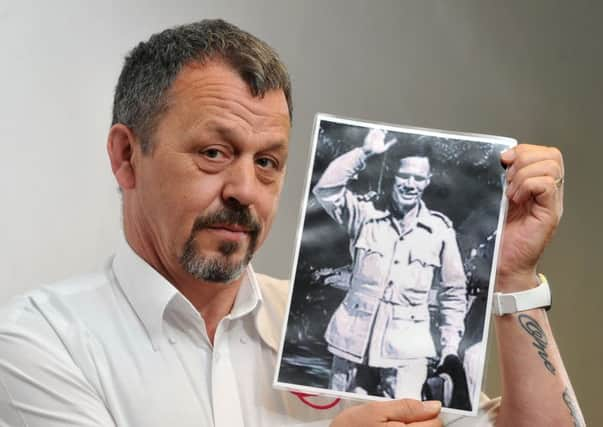

But for the families of soldiers fighting against the Japanese in Burma and India in the Second World War, the near-intolerable wait was worth it for a glimpse of their father, husband or son or on a cinema screen.
Now footage discovered in rotting film canisters in the Manchester Town Hall from the British Army’s ‘Calling Blighty’ project in 1945 and 1946 has been shown to surviving family members for an emotional documentary to be screened on Sunday.
Advertisement
Hide AdAdvertisement
Hide AdTony Moore, a former soldier from York, is seen in the film along with his mother Alma, discovering more about the story of his grandfather Frank Miller, who served with an elite special force brigade, the Chindits.
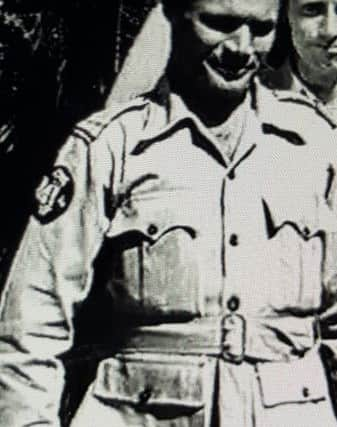

His grandfather, who is seen giving a message to his family back home, died in 1979 10 months before Mr Moore himself joined the Army. The film gave him the chance to learn more about the “terrible” conditions his grandfather endured while fighting, and he also met a fellow Chindit veteran, Fusilier Harold Shippey, from Hull.
Mr Moore, 51, said: “The Chindits saw some of the worst fighting of the Second World War in terrible conditions, so my granddad would have gone through hell.
“During filming we met a Chindit veteran who knew granddad’s regiment and what they had been through. It was amazing to hear. After the war he didn’t speak about it, and now I know why.”
Advertisement
Hide AdAdvertisement
Hide AdAs the focus at home was on fighting Hitler in Europe, the soldiers in Burma were largely overlooked, eventually becoming known as the “Forgotten Army”.
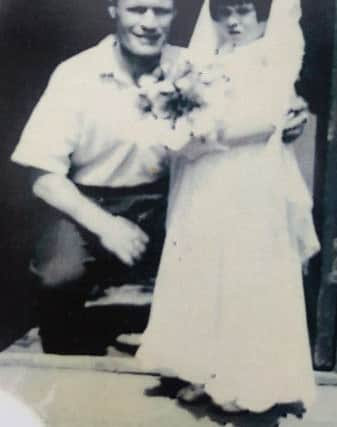

Mr Moore and his mother travelled to Manchester to view an emotional screening of the Calling Blighty films, which is captured in the documentary.
Mrs Moore remembers seeing the film when she was five years old, but seeing it again was brought back the emotions of being separated during the war.
“My mum cried when she saw her dad’s message again,” Mr Moore said. “It was very moving. Taking part in the film made me more proud than ever of him, and what he did for his country.
Advertisement
Hide AdAdvertisement
Hide Ad“The sacrifice of the forces who fought on in the Far East for six months after the end of war in Europe helped give us the freedoms and opportunities that make us what we are today.
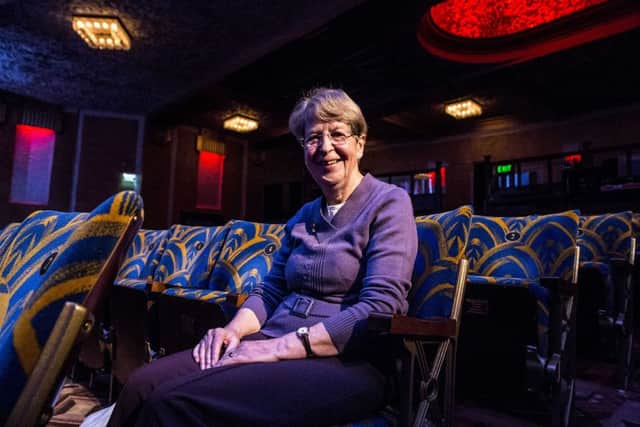

“My granddad was part of The Forgotten Army then. But I think it should be remembered now.”
Also featured in the film is retired school teacher Ann Alsop, from Sheffield. She never met her father, Corporal John Hartley, who left for Burma when her mother Mildred was pregnant with Ann.
When he died, Mildred made the decision to forget him, subsequently changed her daughter’s name to that of her step-father and threw away all his photos and letters.
Advertisement
Hide AdAdvertisement
Hide AdMs Alsop grew up knowing very little of her father but always felt there was a gap in her life.
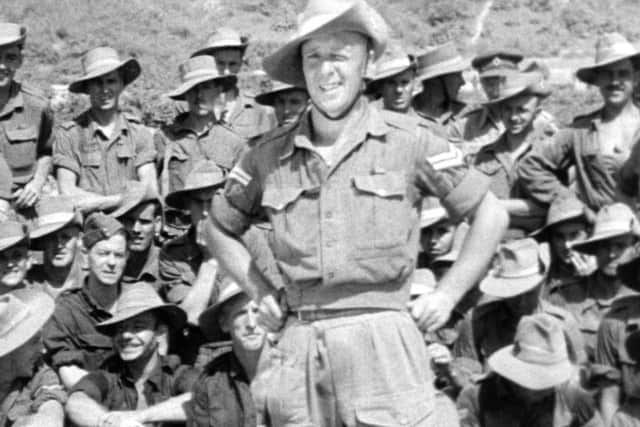

She is seen in the film discovering with a historian how her father died - shot in the back of his shoulder by a retreating Japanese sniper - and is filmed on an emotional visit to his grave in Burma.
At the graveside, she says: “I’m so sorry that we never knew each other, but you do live on through me and my children and my grandchildren. The last few weeks I have got to know so much more about you, and what a fine, brave man you were. We’re very proud of you. I hope you’d be proud of all of us.”